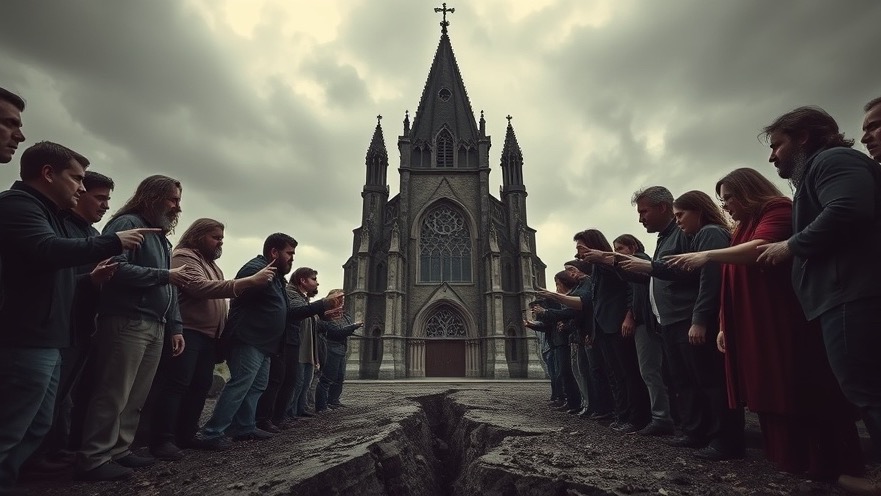
The Weapon of Praise: Engaging in Spiritual Warfare
In the captivating episode of Prayers of Thankfulness and Praise, Joseph Z demonstrates how our worship acts as a potent weapon in spiritual warfare. His insights into praise and worship resonate deeply, reminding us that these acts go beyond rituals—they are transformational elements of our prayer life.
In Prayers of Thankfulness and Praise, Joseph Z highlights the significance of worship as central to our prayer life, prompting us to explore its transformative power.
The Essence of Worship as Expression
Many of us might not fully grasp the tactical implications of praise. Joseph Z explains that true worship is an act of humbling ourselves before God, expressing gratitude and love. As Paul emphasized in 1 Timothy 2:1, the act of giving thanks is as essential to prayer as supplications and intercessions, much like using a multifaceted tool in spiritual conflict. By adopting a posture of gratefulness, we invite God into our struggles and triumphs alike.
Historical Context and Background
Throughout history, worship has served as a vital component in the lives of believers. From ancient Israelites praising God to secure victories over enemies to modern Christians declaring His goodness in the face of trials, the power of praise stands unchanged. Joseph’s personal experience of worshipping alone in a garage further solidifies how this practice can foster a deep and transformative relationship with God—one that shields us from despair.
Relevance to Current Events: The Power of Praise Today
As we navigate through challenging times in today's society, the importance of engaging in faith-filled prayer becomes paramount. In an age where negativity and despair can dominate our worldviews, Joseph Z’s urging to embrace praise not only uplifts individual spirits but also impacts the atmosphere around us. Communities filled with worshipers can catalyze change, echoing Psalm 149, which states that praise enables believers to seize authority in the spiritual realm.
The Benefits of Incorporating Praise in Daily Life
Praise and worship as a form of prayer can bring about profound emotional and relational stability. By maintaining a heart open to gratitude and thankfulness, we draw closer to God. Joseph shares his own journey, suggesting a disciplined approach—daily praise can act as an antidote to anxiety and hopelessness. As believers, creating environments of worship within our homes can radically shift our families' focus towards hope and resilience.
Connecting Worship With Action: Call to Arms in Prayer
The call for believers is clear: engage actively in worship as a response to life’s challenges. Joseph Z’s powerful reminder to adopt joy amidst darkness aligns with the biblical practice of offering sacrifices of praise. This is a bold declaration, inviting us to step out in faith regardless of our circumstances, thereby stripping darkness of its power and embracing the light of Christ.
As Joseph Z articulates, this practice is not about circumstance but rather about the heart posture we carry daily. He challenges us to view praise as integral to our spiritual arsenal, offering a pathway through which God can work miracles in our lives and in society.
Making Praise a Lifestyle Choice
Engaging consistently in worship not only nurtures our own spirits but also serves to influence others. As the culture of praise begins to infiltrate our families and communities, we become vessels of God's grace. Thus, embracing our identity as praisers elevates our collective ability to affect change in the realms of influence God places us in.
In conclusion, Joseph Z’s teaching calls us toward a radical and transformative life of praise. As we embrace this powerful weapon, we can expect to see shift and movement in our personal lives and the world around us. It’s not just a reminder; it’s an invitation: let your praise be a defining characteristic of your prayer life today.
As a final stir to action: engage your spirit, your family, and your community through meaningful worship, and witness the transformative impacts it brings.
 Add Row
Add Row  Add
Add 




Write A Comment